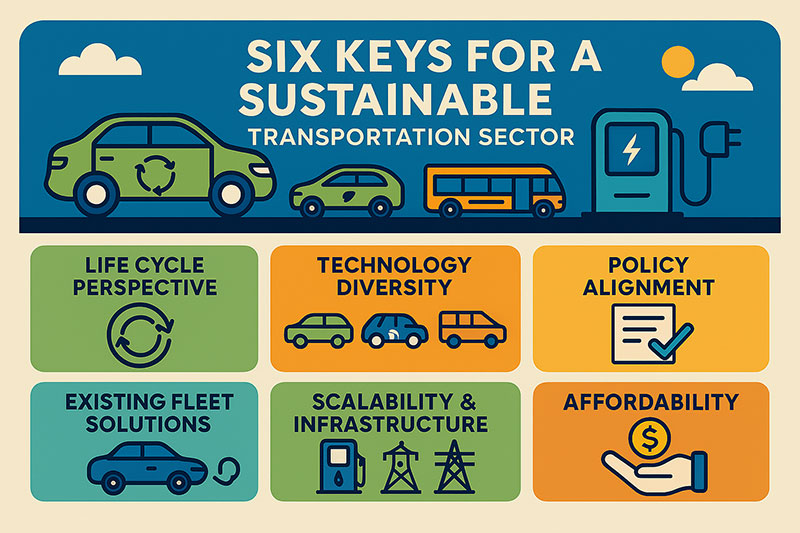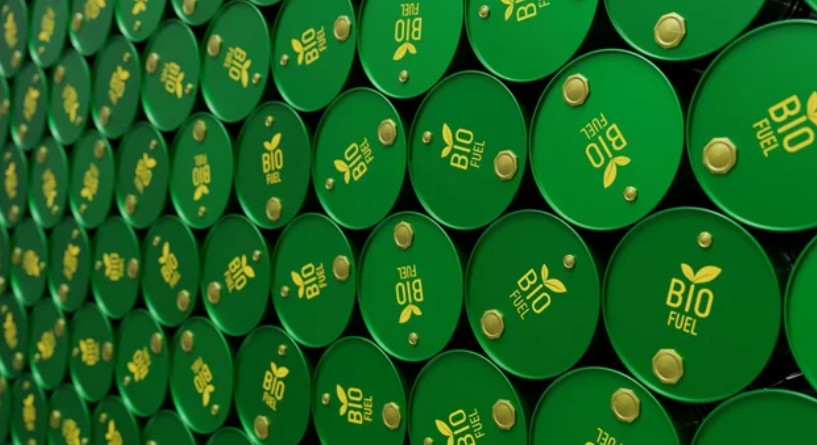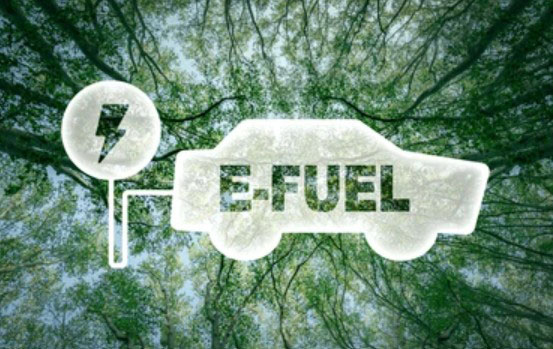March 26, 2019
“Some reports about the impacts of IMO2020 suggest that price impacts to crude oil and refined petroleum products will be enormous and world-wide shortages will emerge, while other reports suggest that price and global supply could spike but quickly rebound and rebalance within a few years,” said John Eichberger, executive director of the Transportation Energy Institute. “When comparing and contrasting multiple reports, the information becomes much more robust and valuable.”
“Transportation Energy Institute Literature Review Summary – IMO 2020: International Maritime Organization’s 2020 Sulfur Reduction Rule,” reviews the rule’s impact on the composition and demand for marine fuel, refinery operations and capacity, price and demand for crude oil and refined petroleum products and projected compliance strategies.
Overall, the consensus is that while enforcing the rule will be challenging, compliance rates will likely be high. The expectation is that global refineries will be able to produce enough low-sulfur fuel to supply both the marine fuel market and other transportation sectors, while crude supplies and distribution of refined products could experience some global shifting. Price impacts to gasoline and diesel are expected to range from about 25 cents to 75 cents with the impact limited to a 2-3-year window.
Alternatively, installing scrubbers on vessels to permit the continued use of high sulfur fuel is expected to play a limited role with predictions ranging from 3% to 15% of vessels being so equipped by 2020. During the first few years of the rule’s implementation, converting to liquified natural gas is not expected to play much of a role.
“Headlines do not always tell the whole story, and IMO2020 headlines have varied from the alarmist to the blasé,” Eichberger said. “That is why the Transportation Energy Institute undertook this literature review. By assessing the analysis from leading experts in the market, we’re providing a more even-keel, objective overview of the potential market implications of the rule. Bottom line is it will most certainly have an impact on the market, but the consensus is that the market will evolve and IMO2020 will unlikely deliver a crippling blow.”
The Literature Review can be downloaded free of charge at www.fuelsinstitute.org/research.




